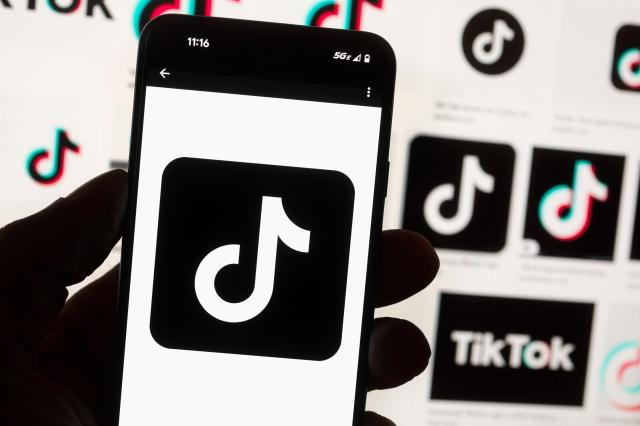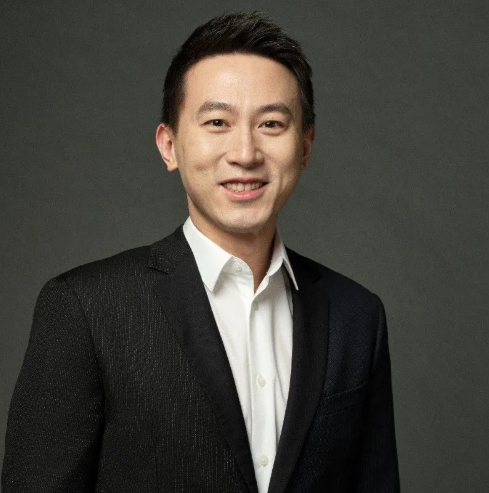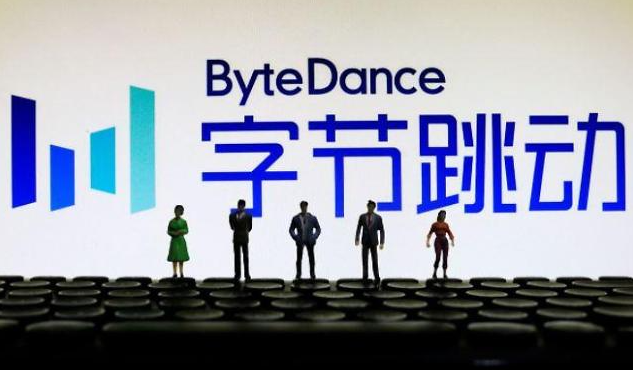
Editor's Note: This article is the 34th installment in our series on Asia's top 100 companies, exploring the strategies, challenges, and innovations driving the region's most influential corporations.
SEOUL, September 04 (AJP) - When Zhang Yiming founded ByteDance in a modest Beijing apartment in 2012, his goal was deceptively simple: build software that could serve people the information they didn’t know they wanted.
A decade later, his company has become the world’s most powerful social media empire, eclipsing even Silicon Valley’s titans.
In the second quarter of 2025, ByteDance’s revenue surged to $48 billion, outpacing Meta’s $42.3 billion.
TikTok, its short-video app born out of the $800 million acquisition of Musical.ly, now commands more than 1.6 billion monthly users and has redefined how people, especially young ones, spend their time online. The company’s valuation, bolstered by employee share buybacks, has swelled to more than $330 billion.
ByteDance’s rise has been fueled by an uncanny ability to predict — and shape — what people want to watch. Its AI-powered recommendation engine, endlessly feeding users with tailored clips, has been hailed as one of the most sophisticated algorithms in tech.
For many, TikTok is not just another app but a cultural engine: a place where pop songs take off, comedians launch careers, and political debates are reframed in seconds-long bursts.
Yet the company’s ascent has also thrust it into the center of geopolitical fault lines. In Washington, where lawmakers worry that TikTok could be used as a tool of influence by Beijing, Congress passed legislation ordering ByteDance to sell its U.S. operations.
U.S. President Donald Trump extended the deadline for a sale to Sept. 17, with investment firms including Susquehanna International Group, General Atlantic and KKR circling as potential buyers.
The standoff has cast doubt over TikTok’s future in its most lucrative foreign market.

For now, the company is thriving. Its revenues flow from advertising, live commerce, and creator partnerships, with TikTok Shop alone recording $33.4 billion in merchandise sales last year.
Chief Executive Shou Zi Chew, who oversees global operations, presides over a sprawling but flat organization that prizes experimentation and data-driven decisions.
ByteDance is also looking beyond social media. The company has made forays into education technology, enterprise software, and e-commerce, while pledging to reach carbon neutrality by 2030.
It has rolled out youth protection measures and content moderation systems, even as critics say they do little to blunt the addictive pull of its apps.
The story of ByteDance is, in many ways, the story of a new era of the internet — one where Chinese companies are no longer content to imitate Silicon Valley but are setting the pace of global innovation.
From Zhang’s original news aggregation app Toutiao to TikTok’s global dominance, ByteDance has shown that a Chinese startup can capture the world’s attention, and hold it.
As the Sept. 17 divestment deadline looms, the company’s future in the United States hangs in the balance. Whether it emerges as a fractured giant or a stronger, more globalized enterprise will help define not only ByteDance’s trajectory, but also the future of social media itself.

Copyright ⓒ Aju Press All rights reserved.




